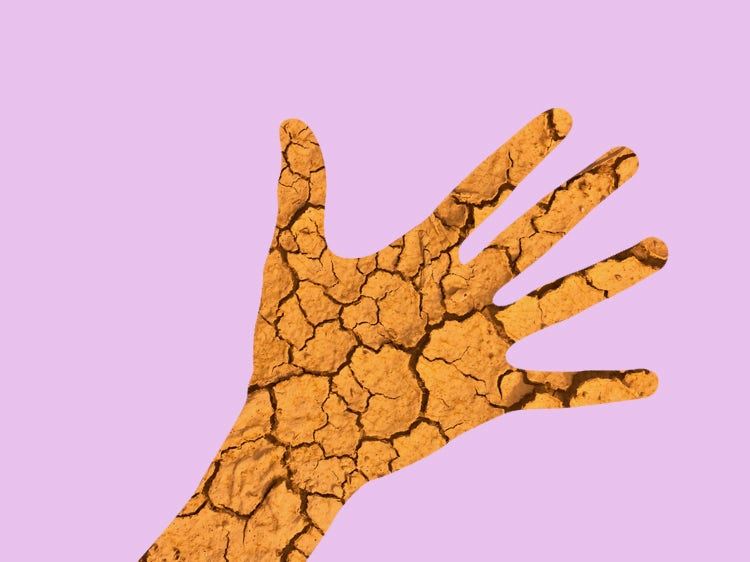Tis the season for dry hands! Heaters are a crackling, our dry hands are a cracking. The winter chill brings lower humidity in the air and room heaters aren’t helping this.
With the non-stop handwashing, alcohol swab and hand sanitizer use, our hands are taking a beating this winter. The constant wetting and drying removes protective substances from the skin making it less pliable and more prone to cracks and fissures. When soap/cleansing agents are added, these agents act as secondary irritants, resulting in a change in the pH of the skin and removal of protective lipids from the skin.
Here are some tips to keeping your hands healthy:
Thoroughly rinse off your (gentle) soap
Use a gentle hand soap to wash your hands. Gentle cleansers that contain moisturisers can help retain the moisture on your skin. A foaming soap base is easier to rinse off. The skin on the palm side of your hands is thicker than that on the back of your hands. Unless you’ve been in contact with germs with the back of your hand, try to avoid lathering this thinner skin. Rinsing is another important step. Soap that stays on your skin will pull out the natural oils from your skin. Pay attention to the space between your fingers where soap residue can accumulate.
Best time to moisturise is right after you wash your hands
The best time to moisturise your skin is straight after you dry off your hands from washing or a hot shower. It is the best time to trap moisture into the skin. As optometrists, we want something that is safe and non-greasy for contact lens handling. The most effective non-greasy hydrating ingredients are glycerin and lanolin
Apply moisturisers overnight for severely chapped skin
One of the best remedies for dry hands is to soak them in warm water for 5 mins to start the hydration process, then slather then at bedtime with a thick moisturiser, then cover your hands with soft gloves. Trapping the moisturiser will help it absorb more into your skin
Wear gloves
If your hands are extremely irritated, you may have to consider wearing non-latex gloves as a protective barrier. The use of gloves does not allow one to avoid washing their hands completely. Gloves provide an imperfect barrier to infectious material. Once gloves are removed, hand washing is imperative.
Is it more than just dry hands?
If you have scaly and inflamed skin, deep and painful cracks and thick scaly skin, it may be more than just ‘dry hands’. You may have a form of hand eczema. There are many things that can cause hand eczema - latex gloves, chemicals, water, the list goes on! Please seek the professional advice of a dermatologist to get to the root of the issue.